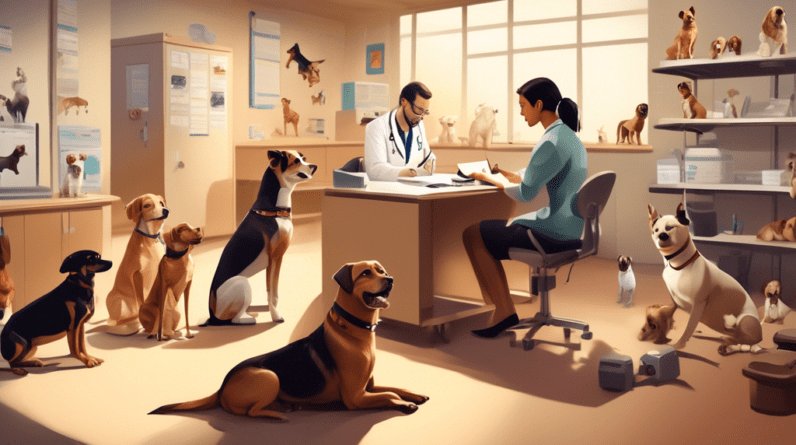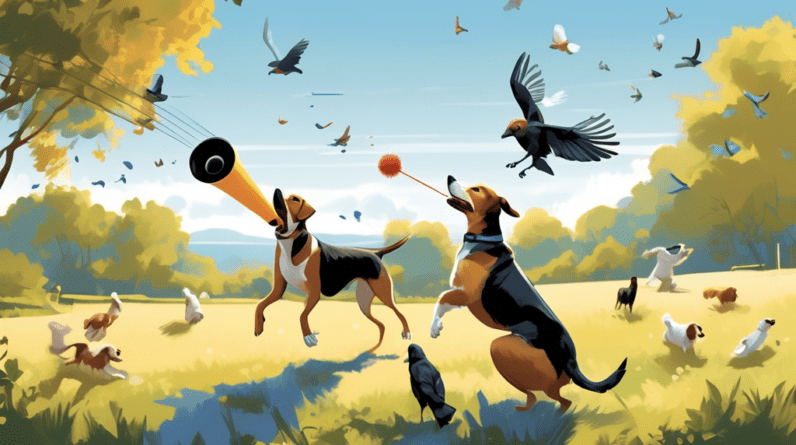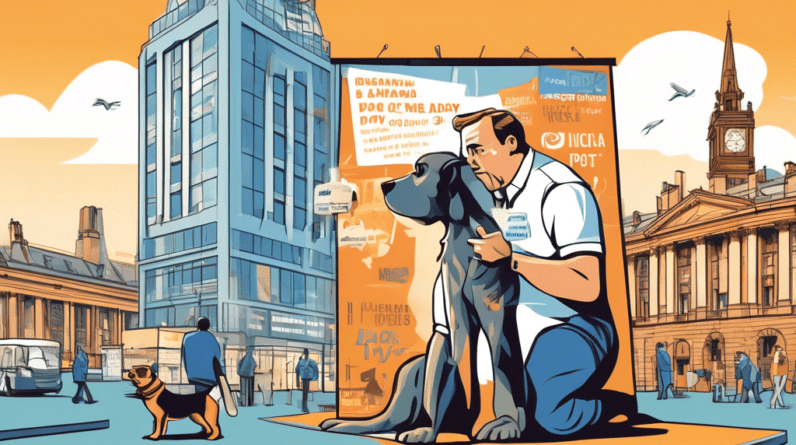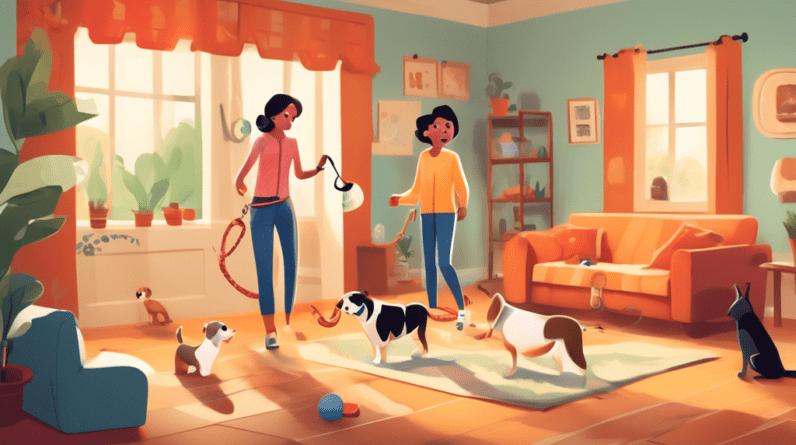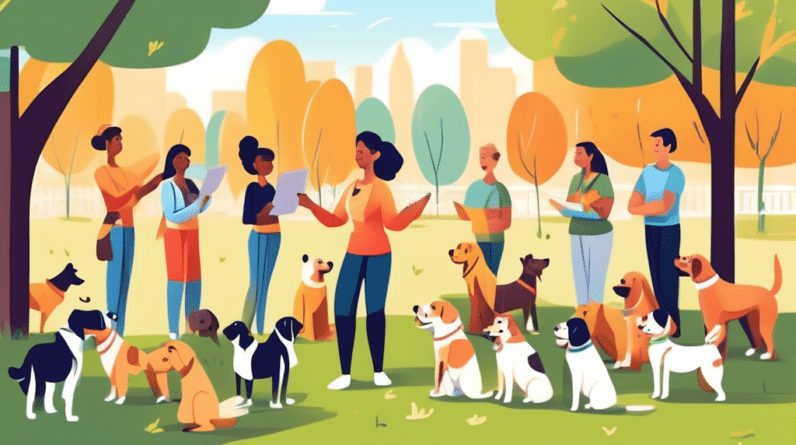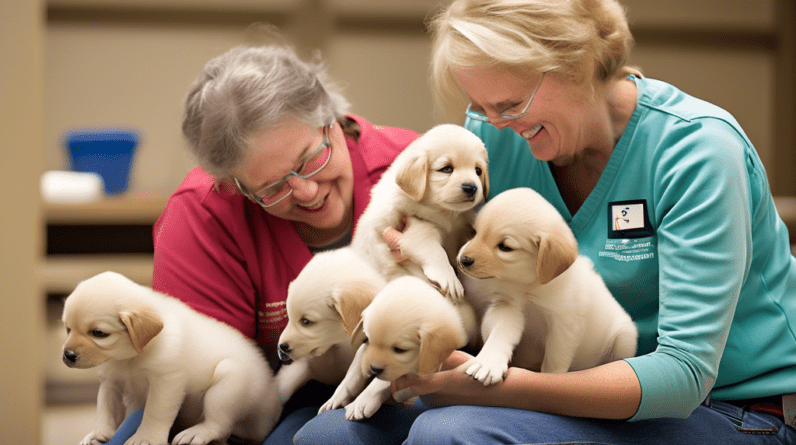
Dogs Are Wonderful: Life Lessons and Training Tips Even Without Kang Hyung-wook
Dogs, often hailed as man’s best friend, have earned their title through unwavering loyalty, infectious enthusiasm, and a remarkable ability to brighten even the cloudiest of days. Though professional help from renowned trainers like Kang Hyung-wook can work wonders, the truth is, every dog lover, regardless of experience, can cultivate a deep and fulfilling bond with their canine companions. While we may not all possess Kang’s innate understanding of canine behavior, we can still learn to navigate the beautiful, and sometimes challenging, world of dog ownership.
Why We Love Dogs: More Than Just Wagging Tails
The love between humans and dogs is a tale spun over millennia. But what is it about these four-legged creatures that tugs at our heartstrings so powerfully?
- Unconditional Love and Companionship: In a world that often feels transactional, a dog’s love is refreshingly simple and pure. They don’t care about your successes or failures, your good days or bad. They’re just happy to be by your side, offering a warm, furry presence that soothes the soul.
- Stress Reduction and Emotional Support: Science has proven what dog owners have known all along: dogs are good for our mental health. The simple act of petting a dog can lower blood pressure and release oxytocin, the love hormone, promoting feelings of calm and well-being.
- Motivation for an Active Lifestyle: A dog’s need for walks and playtime can be just the nudge we need to get off the couch and embrace a more active lifestyle. Regular exercise benefits both you and your dog, strengthening your bond and improving overall health.
- Social Butterflies and Icebreakers: Dogs are natural social magnets. Taking your dog for a walk or to the park opens up a world of social interaction. They’re the perfect icebreakers, sparking conversations and friendships among fellow dog lovers.
Essential Training Tips: Nurturing a Well-Adjusted Companion
Training your dog is not just about teaching commands; it’s about communication, understanding, and building a respectful, trusting relationship. While we might not have Kang Hyung-wook’s expertise on speed dial, we can still implement effective training strategies:
1. Positive Reinforcement: The Power of Reward-Based Training
Positive reinforcement focuses on rewarding desired behaviors, making it a more humane and effective method than punishment-based techniques. When your dog performs a desired action, offer a reward such as:
- Treats: Small, tasty treats are a classic motivator.
- Praise: Dogs love to please! Offer enthusiastic verbal praise like Good dog! or Yes!
- Toys: Incorporate tug-of-war or fetch with a favorite toy as a reward during training sessions.
2. Consistency is Key: Setting Clear Expectations
Dogs thrive on routine and clear expectations. Inconsistent training methods can lead to confusion and frustration for both you and your furry friend.
- Establish House Rules: Decide early on what your dog is and isn’t allowed to do (e.g., furniture rules, begging at the table).
- Use Clear Cues: Choose specific words for commands and stick with them (e.g., sit, stay, come).
- Be Patient and Persistent: Learning takes time. Celebrate small victories and remain patient through setbacks.
3. Socialization: Raising a Well-Adjusted Pup
Early and ongoing socialization is crucial for raising a well-adjusted, confident dog. It exposes them to various sights, sounds, people, and other dogs, preventing fear and reactivity later in life.
- Puppy Classes: Enroll in puppy classes to introduce your dog to other pups in a controlled environment.
- Gradual Exposure: Expose your dog to different environments (parks, busy streets, pet-friendly stores) gradually and positively.
- Supervise Interactions: Always supervise interactions with other dogs, especially during the initial introduction.
4. Body Language: Decoding Your Dog’s Signals
Dogs communicate primarily through body language. Learning to read their signals can prevent misunderstandings and strengthen your bond.
- Tail Wags: Not all tail wags are created equal. A high, stiff wag can indicate excitement or alertness, while a low, slow wag might signal anxiety.
- Ears: Forward-pointing ears usually indicate interest or alertness, while flattened ears can signify fear or anxiety.
- Mouth: A relaxed, open mouth is a good sign. Lip licking, yawning, or panting can indicate stress. A snarl with bared teeth is a warning sign of aggression.
Addressing Common Challenges: Patience and Understanding
Even with the best intentions, dog ownership comes with its share of challenges. Here’s how to tackle some common issues:
1. Destructive Chewing: Redirecting Puppy Energy
Puppies explore the world through their mouths, and chewing is a natural behavior. Provide plenty of appropriate chew toys and redirect your puppy to these toys whenever they target furniture or other off-limits items.
2. House-Training Accidents: Establishing a Routine
House-training accidents are common, especially with puppies. Establish a consistent potty break schedule, reward successful potty breaks, and clean up accidents without making a fuss.
3. Separation Anxiety: Building Independence Gradually
Dogs are social creatures and can experience anxiety when left alone. Introduce alone time gradually, starting with short durations and gradually increasing the time apart. Provide comforting items like a Kong filled with treats to keep them occupied.
The Joy of the Journey: Building a Lasting Bond
Owning a dog is a journey filled with love, laughter, and, yes, sometimes a bit of hair on your clothes. While we might not all possess Kang Hyung-wook’s intuitive understanding of our canine companions, we can all strive to be the best owners we can be. Through patience, consistency, and a willingness to learn, we can nurture a bond with our dogs that enriches both of our lives. Remember, every dog is an individual with unique needs and quirks. Embrace the journey, celebrate the milestones, and cherish the unconditional love that makes dogs truly wonderful companions.

